
With the hopes of a nation delicately balanced, the Matildas took on the Republic of Ireland, in front of a record crowd of 75,784, in their opening game of the Women’s World Cup. Leo Earle takes a look behind the tournament.

With the hopes of a nation delicately balanced, the Matildas took on the Republic of Ireland, in front of a record crowd of 75,784, in their opening game of the Women’s World Cup. Leo Earle takes a look behind the tournament.
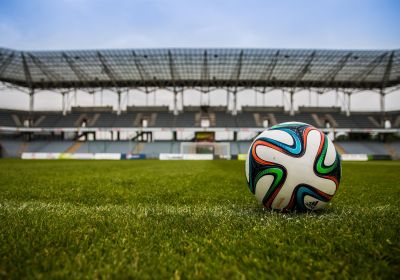
The FIFA World Cup, due to begin in Qatar in November, will be stained by one of the highest casualty rates amongst workers in the competition’s history, reports Binoy Kampmark.
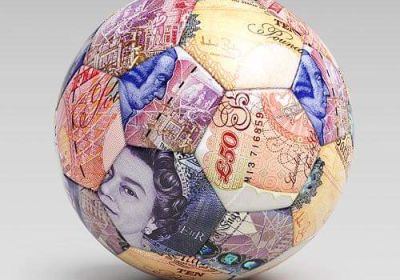
The European Super League did not seek to grow the game, but rather promised a heavily marketised and Americanised product saturated with cash at the expense of traditions, writes Leo Crnogorcevic.
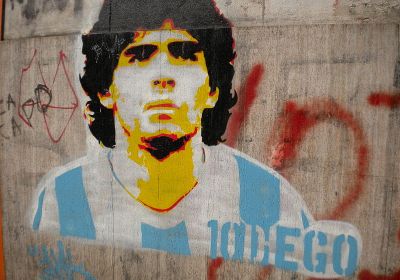
Diego Maradona will always be remembered as the football god who played on the side of the poor, writes Federico Fuentes.
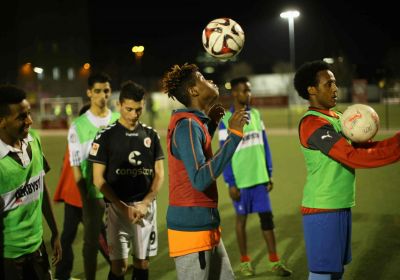
Refugees are using football as a way to build communities of resistance report Eline Yara Jeanné and Beeke Katarina Melcher.

A country that for more than 70 years maintained an amateur football (soccer) league is today hosting the biggest sporting event in the world, writes Javier Szlifman.
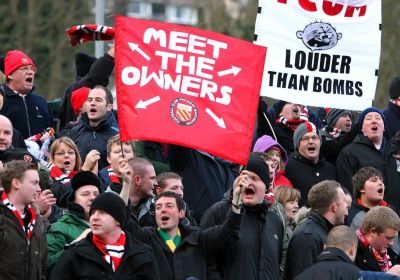
Sir Alex Ferguson was deeply affronted by the Manchester United Football Club supporters who got stroppy about the proposed takeover of the huge English Premier League club he then managed by the US corporate raider, Malcolm Glazer, in 2004.
“They carried on to the degree where they actually thought they should have a say in the running of the football club,” exclaimed the outraged manager.
Ferguson got to the core of things by starkly asking just whose club it is.
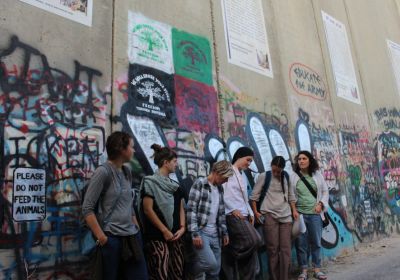
Eleven women from Britain and Germany travelled to the occupied Palestinian territory of the West Bank in October on a tour of friendship, solidarity and football.
The promise of participants in the “Freedom Through Football” tour was to share with the wider world the truth of life in Palestine. In particular, it was to highlight the story of women who play football in a country where football for women is far from a cultural norm.
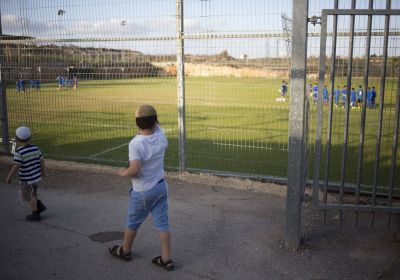
FIFA, the governing body of world football (soccer), has capitulated once more to intense pressure from the Israeli government. It has removed from the agenda of its upcoming congress the issue of teams from Israel’s illegal settlements on occupied Palestinian land playing in Israel’s national league.